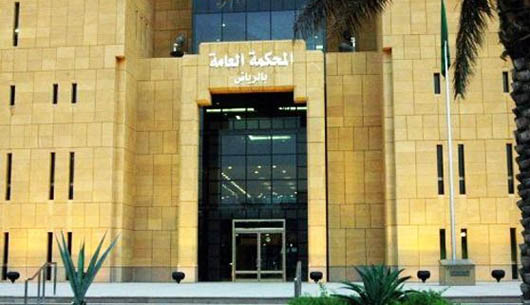
Riyadh, Mar 17: The Ministry of Justice has found 10 women guilty of impersonation during court hearings related to domestic disputes such as divorce, disengagement lawsuits (known in Arabic as “khula“), alimony and inheritance.
According to sources, these women would go to court ahead of proceedings pretending to be the plaintiffs in order to withdraw cases filed by women on the opposing side of the family feud.
General courts in Jeddah, Riyadh, Dammam and Makkah have found that several cases filed by women against their husbands were later dropped, much to the ignorance of the original plaintiffs.
Courts across the Kingdom have also encountered incidents where impersonators approach the court to finalize property sales or inheritance cases.
Khaled Al-Shahrani, a lawyer, said that the judiciary should take legal action against individuals found guilty of impersonation.
“The husband typically tells one of his female relatives to go to court and withdraw the case before hearings commence,” he said. “Introducing a fingerprinting system in general courts will eliminate chances of such fraud.”





Comments
Add new comment